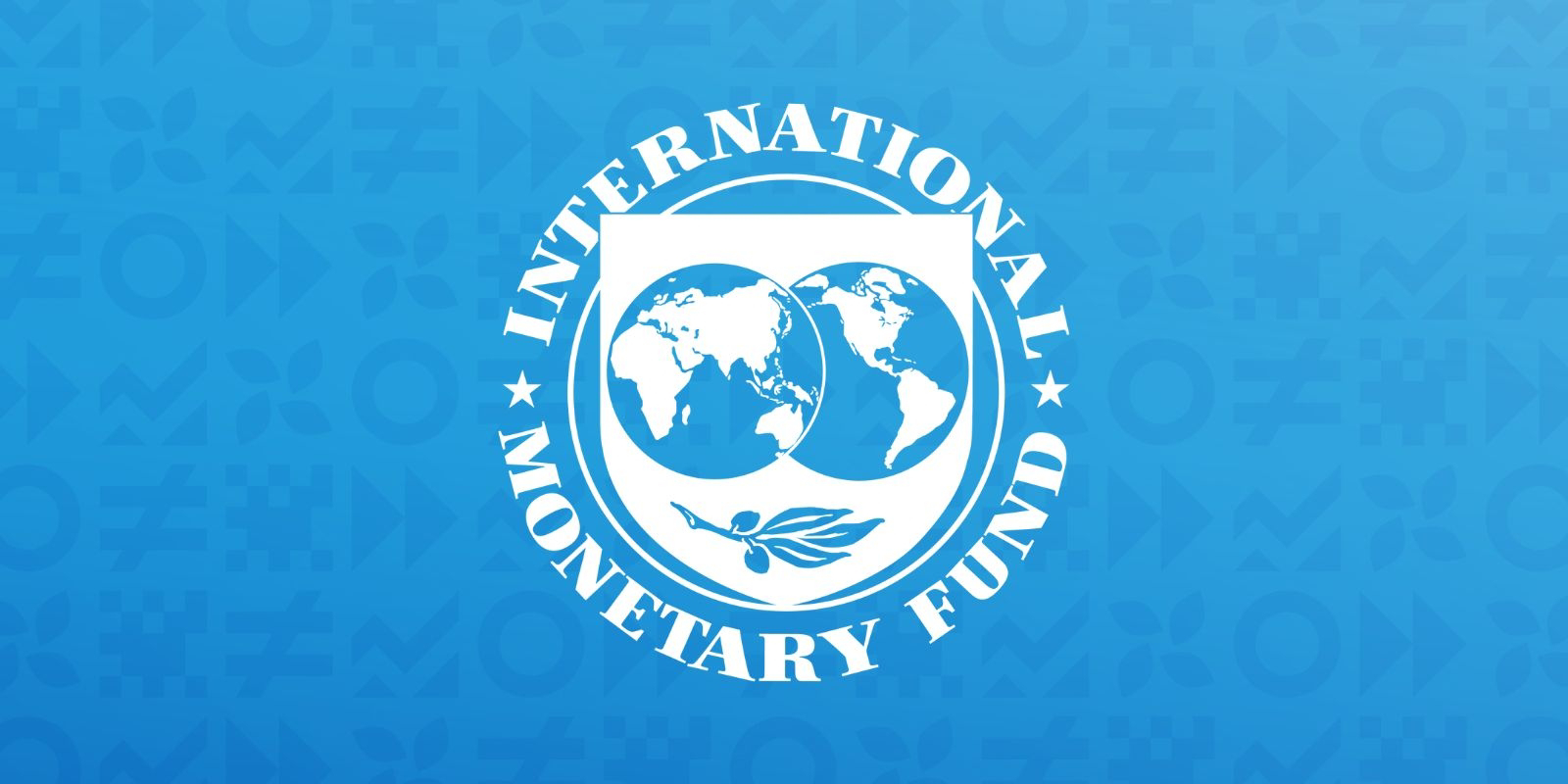India's Economic Prospects Soar: IMF Upgrades GDP Growth Forecast to Impressive 6.1% for FY24!
New Delhi: On Tuesday, the International Monetary Fund (IMF) provided a slightly improved global growth outlook for the current year, citing the resilience of economic activity in the first quarter. However, the IMF also issued a cautious note, warning about lingering challenges that could potentially impact the medium-term outlook.
According to the updated projections, the IMF now forecasts a 3.0% growth in global real GDP for the year 2023, reflecting a 0.2 percentage point increase from its earlier April forecast. However, the growth outlook for the subsequent year, 2024, remains unchanged at 3.0%.
In the context of India, the IMF has raised its growth prospects for 2023 to an encouraging 6.1 percent, marking a 0.2 percentage point increase from the previous projection in April. This positive revision can be attributed to the momentum gained from stronger-than-expected growth in the fourth quarter of 2022, primarily driven by robust domestic investment.
Despite this upward revision, it's worth noting that the IMF's growth prediction for India still falls below the Reserve Bank of India's (RBI) projection of a 6.5% rise in the same year.
India's economy experienced a significant acceleration, recording a growth rate of 6.1% in the March quarter. This upswing was fueled by increased capital spending from both the government and private sectors. Impressively, for the fiscal year that concluded on March 31, 2022, India's growth stood at an impressive 7.2%, positioning the nation among the top-performing economies globally.
In the case of the United States, the IMF has raised its growth forecast for the current year to 1.8 percent, reflecting a 0.2 percentage point increase from the previous April projection. The increase is attributed to resilient consumption growth in the first quarter, which is supported by a still-tight labor market, higher real income, and a rebound in vehicle purchases.
Turning the focus to China, the IMF has maintained its forecast at 5.2 percent. However, the institution highlighted a notable change in composition due to the underperformance of investment, primarily caused by issues in the country's troubled real estate sector.
While the IMF acknowledges that the world is presently in a better place, it also cautions about persisting challenges. Among these are concerns about high inflation, which erodes household purchasing power, increased interest rates leading to higher borrowing costs, and limited access to credit due to banking strains that emerged in March.
Additionally, the IMF observes that international trade and manufacturing indicators indicate further weakness, and the excess savings accumulated during the pandemic are gradually declining, leaving fewer buffers to withstand future shocks. This situation is particularly notable in advanced economies, such as the United States.








No comments
Thanks For Visiting